Under the Paris Agreement, states submit Nationally Determined Contributions (NDCs) outlining their commitments to reducing emissions. These documents are important window in the international politicization of climate change policy.
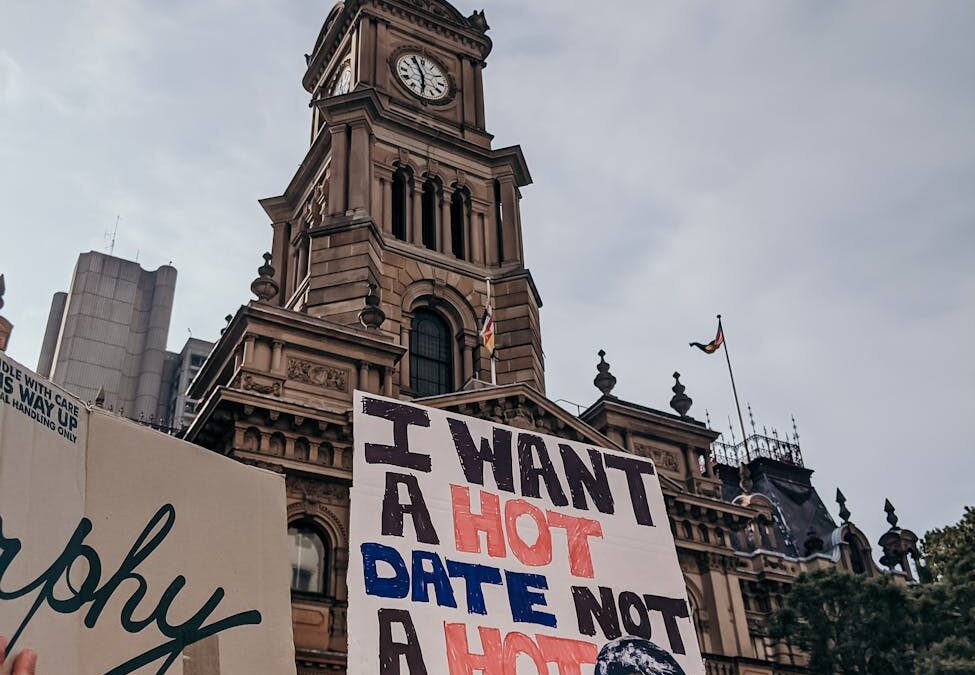

Under the Paris Agreement, states submit Nationally Determined Contributions (NDCs) outlining their commitments to reducing emissions. These documents are important window in the international politicization of climate change policy.
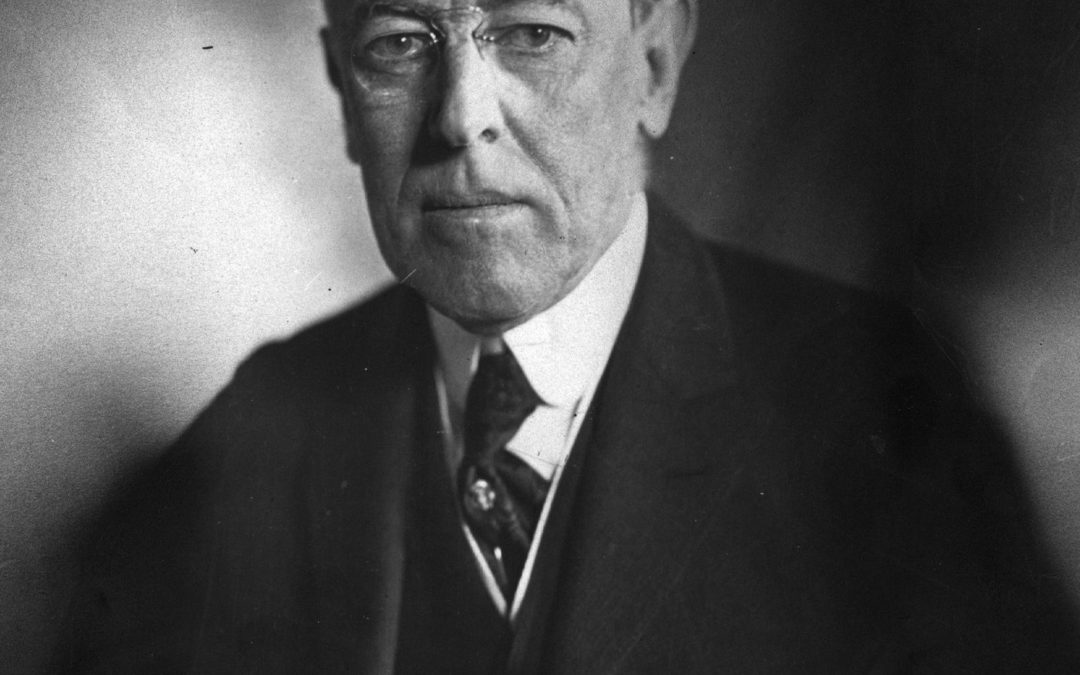
When I first started teaching intro to IR, I closed the semester with lectures on climate change and the second Congo war (or "Africa's world war"). This was part of my effort to include current and...
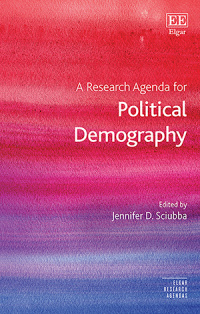
Name Of The Book… And Its Coordinates? Jennifer D. Sciubba, ed. 2021. A Research Agenda for Political Demography (Cheltenham, UK and Northampton, Massachusetts, USA: Edward Elgar) What’s the...

Climate change poses substantial national, international and human security risks, but analysts have only recently shifted their focus toward how to simultaneously build peace in post-conflict environments and grapple with the dual challenges of mitigating and adapting to climate change.

Dillon Tatum had an interesting post here last week, calling for a “radical” international relations. As Tatum notes, "radicalism intervenes in the political domain with the goal of fundamental transformation" and IR could function similarly. What would that look like? I think many would imagine a radical IR as radical in its approaches and methods. That is, scholars would critically examine biases and assumptions, uncover power structures and erase them. In this envisioning of critical IR, conventional methods—quantitative analyses, positivist qualitative studies—are part of the problem....
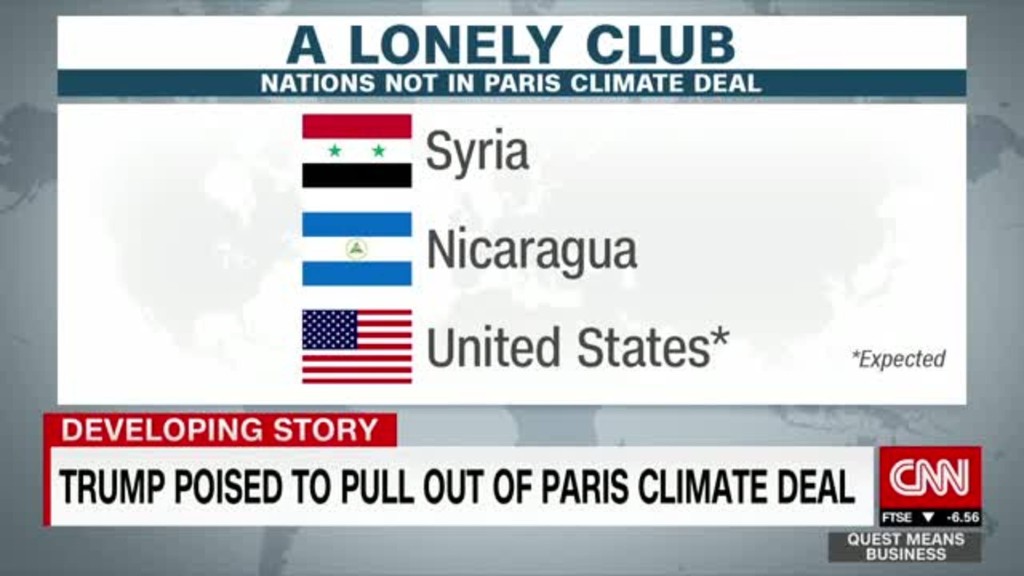
We all know the traditional narrative in International Relations of the state as a unitary act. Despite substantial volumes of work in the foreign policy analysis subdiscipline as well as in IR theory, the common shorthand in IR scholarship is to say ‘China’ did X or ‘Britain’ bombed Y. At least in the case of the United States, climate change is going to force scholars and analysts to seriously reconsider those assumptions. In the wake of the Trump Administration’s (misguided) withdrawal of the United States from the Paris Agreement, a number of subnational actors have come forward...
This World Politics in a Time of Populist Nationalism (WPTPN) guest post is written by Robert Y. Shum, an Assistant Professor of Political Science and International Studies at The College at Brockport, State University of New York (SUNY). Does the Paris Agreement, and the likely withdrawal therefrom by the Trump administration, matter? On the surface, the current situation is not so different from George W. Bush’s withdrawal from the Kyoto Protocol. Probing deeper, however, important differences come to the fore. Many independent observers saw the Kyoto Protocol as fundamentally flawed in...
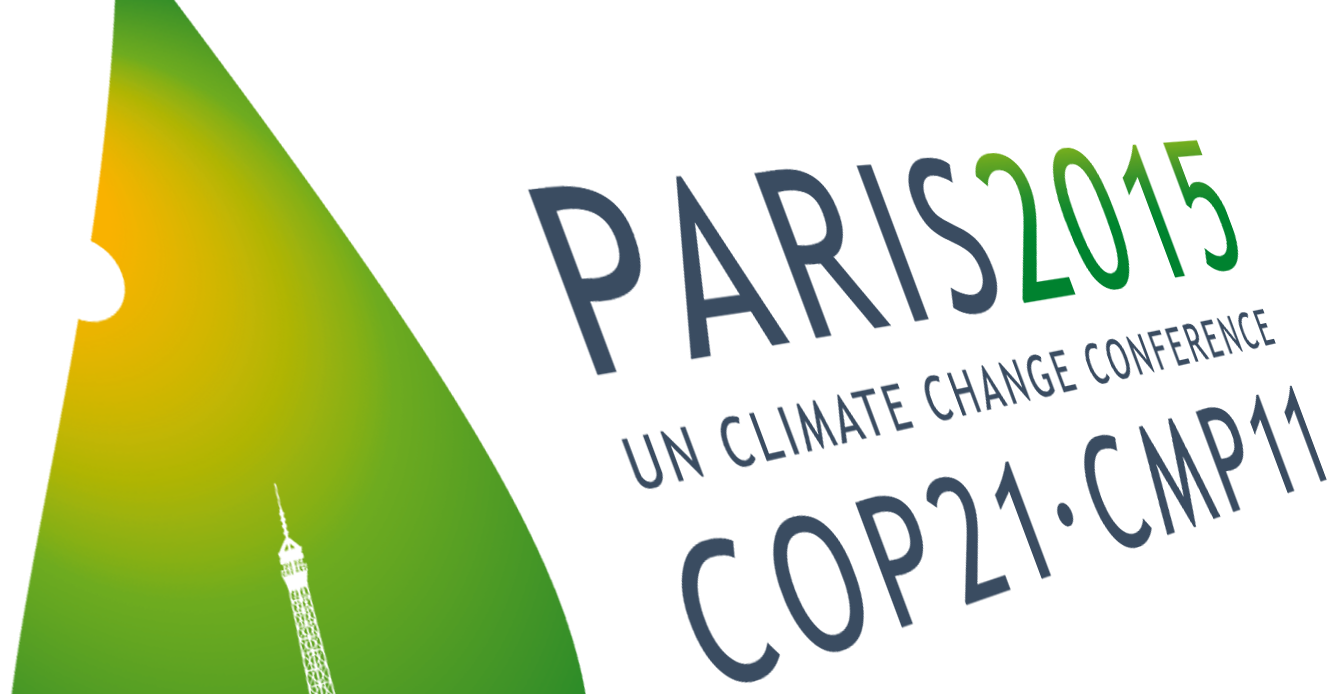
Last week, at the invitation of colleagues in the Center for European and Transatlantic Studies and the Center for International Strategy, Technology, and Policy I participated on a panel discussing the 21st Conference of Parties (CoP21) of the UN Framework Convention on Climate Change (UNFCCC) and the resulting Paris Agreement. My comments focused on thinking about the nature of success in international negotiations over climate change. In a number of ways, if we go by the standard of previous environmental pollution treaties the Paris Agreement does not look like a notable success, hedging...

Late last month the New York Times ran an interesting piece about the power of language and climate change. Central to the story is the concept of a carbon budget. On its face, the concept is simple. Drawing on complex models of the atmospheric and energy effects of carbon dioxide and other heat trapping gases, climate scientists have proposed a global carbon budget: the amount of carbon dioxide (or, we should add, the equivalent in other gases which can be far more potent) that can be emitted into the atmosphere without breaking the two degree Celsius mark. Turns out the numbers are not...

Last fall, I wrote about how the U.S. government was insisting that any climate mitigation commitments agreed to in the 2015 Paris climate negotiations be non-binding political pledges. I argued that was appropriate because the high bar for treaty ratification in the U.S. Senate made legally binding commitments unlikely. This kind of soft "pledge and review" approach to climate change first emerged at the 2009 Copenhagen negotiations, often derided by observers as an unsuccessful meeting. Quite the contrary, as I argued in a 2010 piece for the Council on Foreign Relations, Copenhagen...
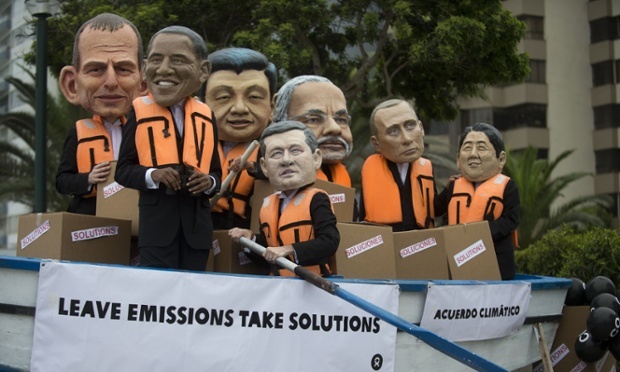
The annual climate negotiations are wrapping up in Lima, Peru tonight or likely tomorrow. Negotiators are working through the night in overtime as they seek to hammer out a blueprint that will serve as the negotiating template for next year. This is the meeting before next year's big meeting in Paris when expectations are high for a new climate agreement that will establish the targets and actions countries are willing to make for the 2020 period and beyond. So, what's going on? What's at stake? What are the key outcomes? Points of dissensus and consensus? Should we be optimistic or...

In the lead up to the APEC summit about to start this week in Beijing, China’s leadership undertook a series of emergency measures to avoid the continued embarrassment of a string of poor air quality days that had bedeviled the country over the previous year. The government reinstated the familiar practice of restricting car travel to certain days of the week based on license plate numbers. Government workers and schools were closed for an “APEC holiday” to reduce traffic. Factories have been ordered to shut down during the summit. Interestingly, those plans seemingly backfired as companies...